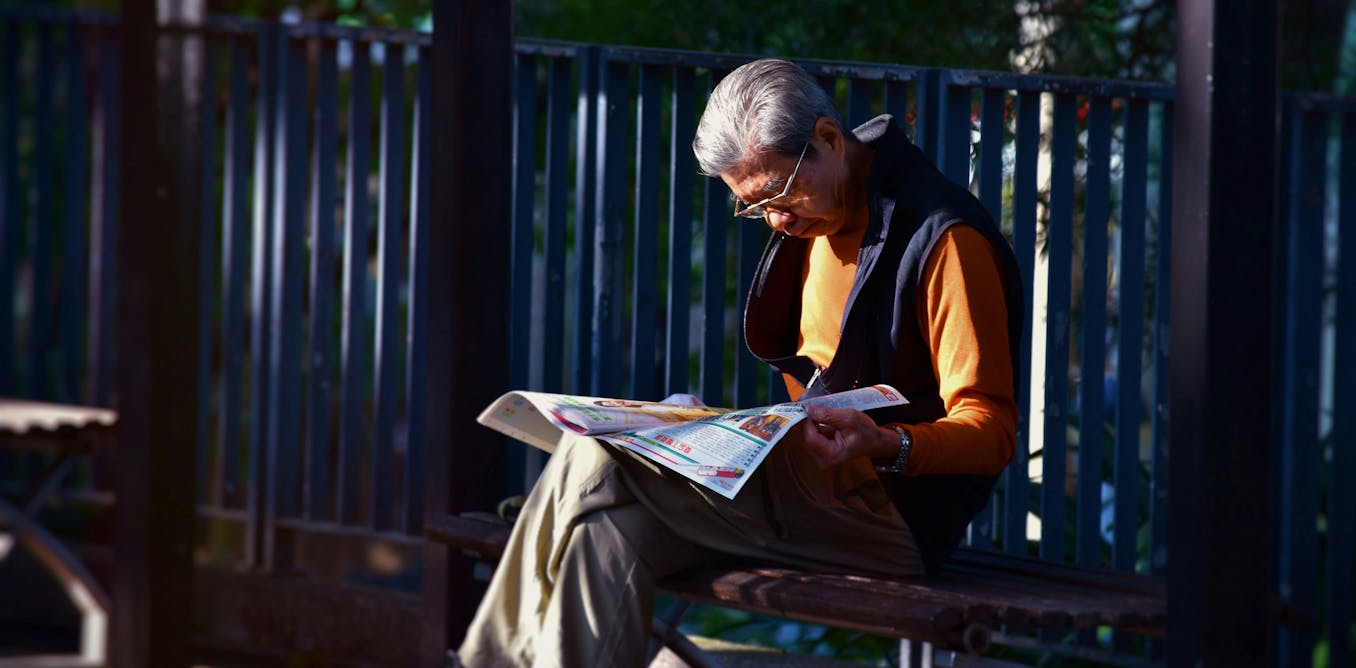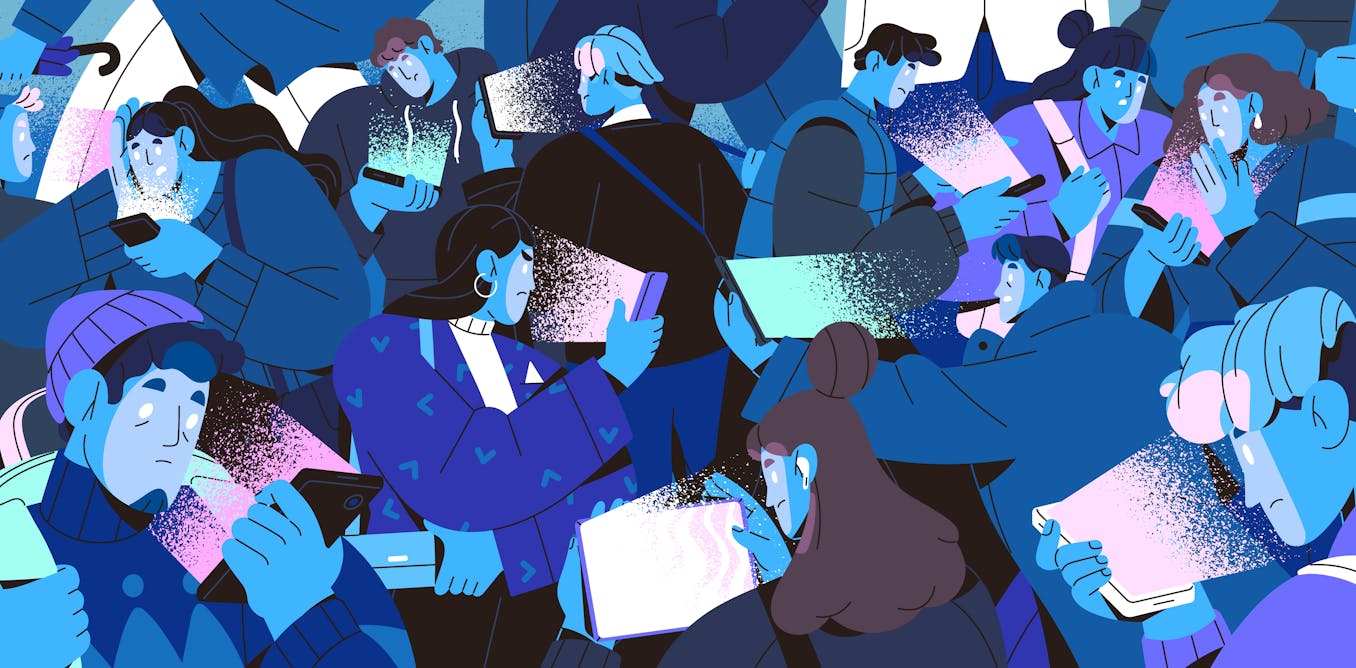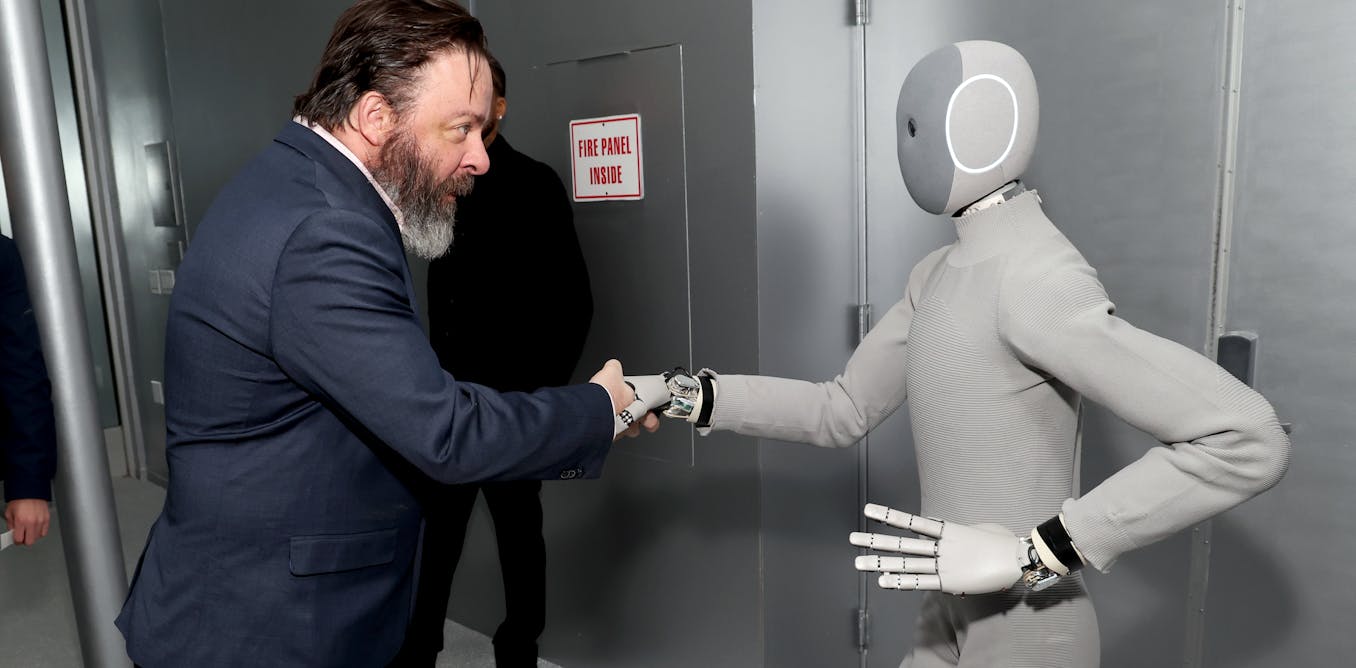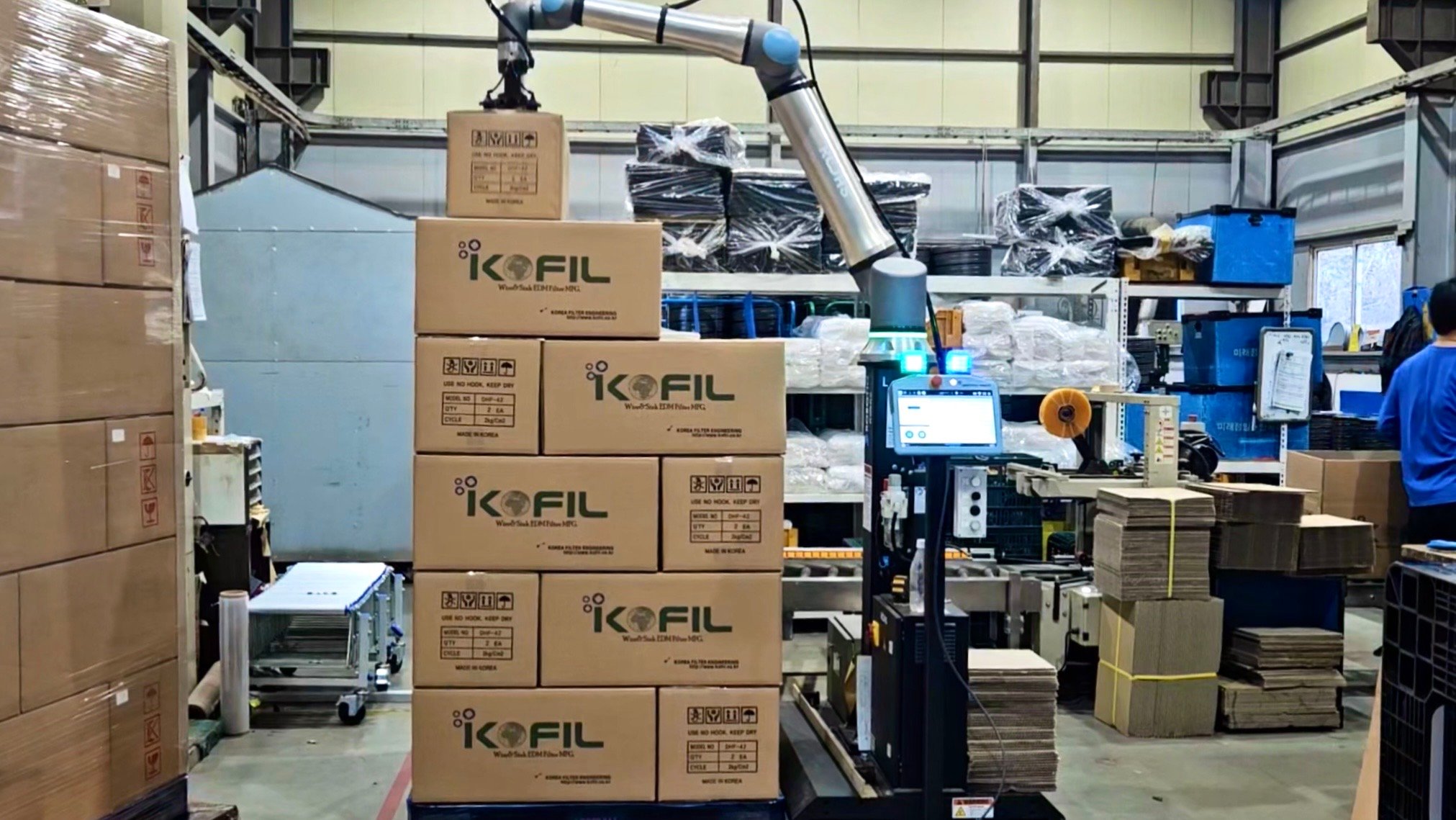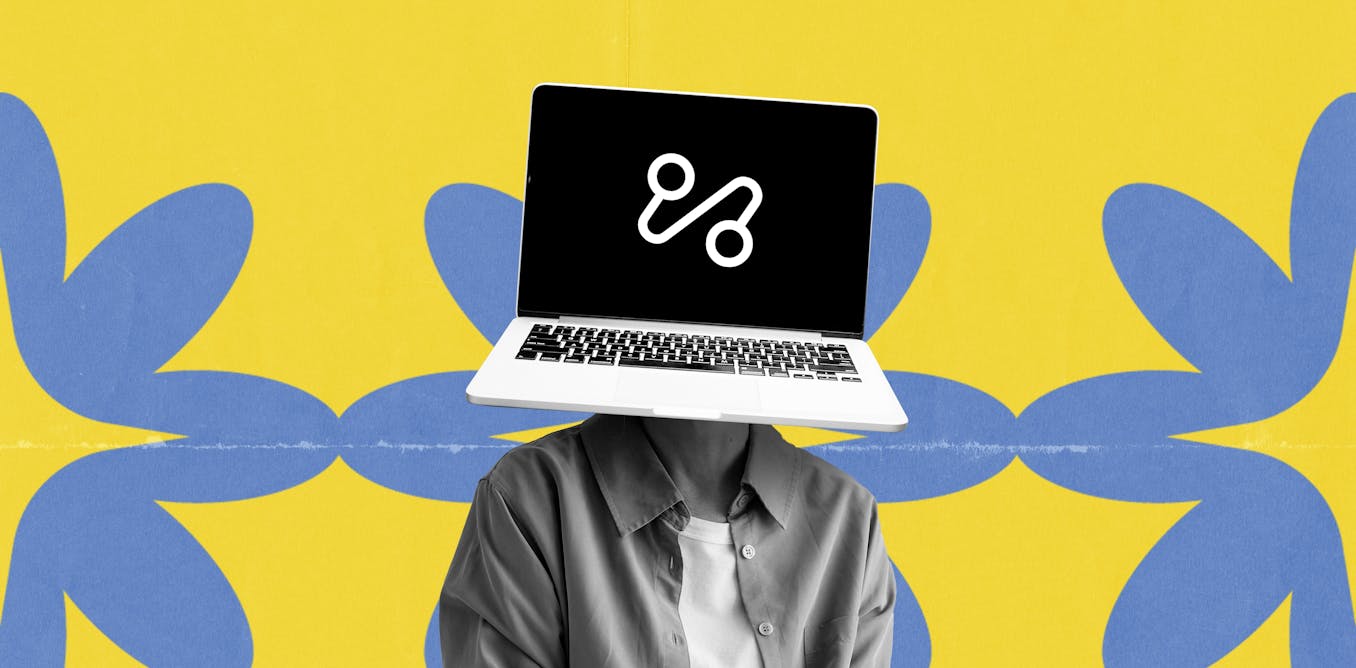In an interim report released overnight, Harnessing data and
digital technology, the Productivity Commission has floated a text and data mining exception for the Australian Copyright Act.
This would make it legal to train artificial intelligence large language models, such as ChatGPT, on copyrighted Australian work. AI training would be added to the list of “fair dealing” exceptions already existing in the Copyright Act.
Why? The Productivity Commission estimates a potential A$116 billion over ten years flowing into the Australian economy, thanks to AI.
Of course, this comes after large language models have already “trained” on masses of Australian copyright material, breaching copyright law. In March, many Australian authors were outraged to find their works included in a dataset of pirated books used by Meta to train their AI systems (including books by former prime ministers John Howard and Julia Gillard).
Writers, publishers and their industry bodies oppose any such exception – which would “preference the interests of multinational technology companies at the expense of our own creative industries”, according to the Copyright Agency. And this isn’t the first time the Productivity Commission has proposed changes that would harm Australian publishers.
Copyright is how authors earn a living
Sophie Cunningham, a writer, former book publisher and chair of the Australian Society of Authors (ASA), pointed out most writers “don’t receive wages but they do have copyright”. The Australian Publishers Association is “deeply concerned” by the exception.
ASA CEO Lucy Hayward says,
A text and data mining exception would give tech companies a free pass to use [authors’] work to train artificial intelligence models – and profit from it – while Australian creators get nothing.
The ASA, too, opposes the exemption.
On average, Australian writers earn around $18,500 per year from their writing practice. A recent study found that they are overwhelmingly opposed to their work being used to train AI models.
Fred Kroh/Sophie Cunningham
Stephen King, one of two commissioners leading the inquiry, said:
The obvious harm is that an AI company may use copyright materials without providing appropriate compensation. On the other side, we want the development of AI-specific tools that use that copyrighted material.
The report claims the provision “would not be a ‘blank cheque’ for all copyrighted materials to be used as inputs into all AI models”. But creating greater leeway in Australian laws can be read as tacitly endorsing currently unlawful practices.
Imagine grabbing the keys for a rental car and just driving around for a while without paying to hire it or filling in any paperwork. Then imagine that instead of being prosecuted for breaking the law, the government changed the law to make driving around in a rental car legal. This gives you an idea of what is being proposed.
Unproductive suggestions
This is not the first time the Productivity Commission has shown little regard for the local publishing industry.
In 2009, it recommended the government remove parallel importation restrictions – a regulation that says if a local company publishes a book, no foreign editions of the same book can be sold here for the following 90 days.
Local publishers at the time argued removing the restriction would put them at a disadvantage compared to overseas publishers. While it might result in some cheaper books, it would also remove a major revenue stream for local publishers, whose local editions of bestsellers underwrite the rest of their local publishing program.
When the argument resurfaced in 2016, author Richard Flanagan said, “The Productivity Commission is like a deranged hairdresser insisting their client wears a mullet wig.”

Zamotmum12 via Wikimedia Commons, CC BY-SA
The benefits of local editions of foreign titles for local publishers have long been clear. Text Publishing produced local editions of Barack Obama’s memoirs in the year he ran for his first presidency and first published Elena Ferrante in Australia.
Scribe’s edition of Canadian neuroscientist Norman Doidge’s The Brain That Changes Itself sold over 100,000 copies in Australia and New Zealand within a couple of years, helping fund their local publishing program.
In 1995, when the commission was called the Industry Commission, it recommended the end of the Book Bounty, a subsidy that supported local printing of books. The Industry Commission’s argument was that overseas printing was often cheaper and the model was outdated. Since then, Australian printing has effectively dwindled to just two printers: if you look on the imprint page of most Australian books, you will see either Griffin or McPherson’s – if they were printed locally.
So much for productivity – as seen with Coles and Woolworths, a duopoly risks less competition and higher prices. Similarly, the Industry Commission did not give much regard to the high transaction costs of overseas printing. Overseas printing adds several months to the production schedule, meaning local books now take longer to publish. Without a competitive local printing industry, and margins that push printing offshore where it is cheaper, it’s possible some time-sensitive books won’t be published at all.
Australia can lead, not follow
Australians may be accustomed to thinking of ourselves as small players on the international stage, but we are the 13th largest economy in the world. Our actions set precedents that other countries follow. Making sweetheart copyright deals here could lead to other countries copying our legislative choices.
Australia is increasingly recognising the importance of Indigenous Cultural and Intellectual Property – and some of our institutions are working to develop best practice. Australia can be a leader in this space, not a follower.
We can choose to hand over the keys – or we can signal, locally and around the world, that we value our cultural products and creators.

The post “The Productivity Commission is floating AI copyright exemptions – with worrying implications for Australian authors and publishers” by Alice Grundy, Visiting Fellow, School of Literature, Language and Linguistics, Australian National University was published on 08/06/2025 by theconversation.com


